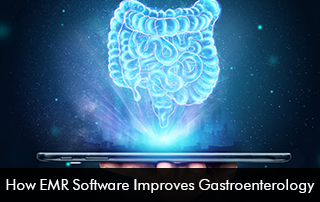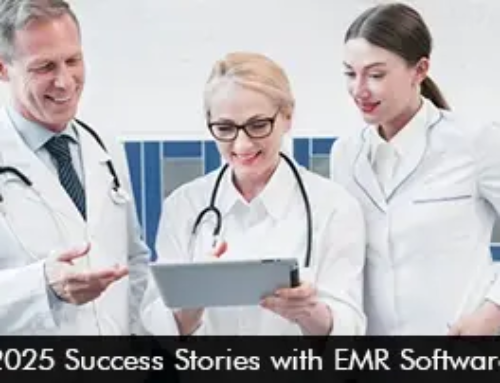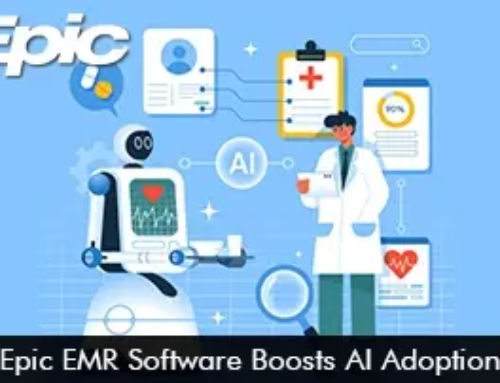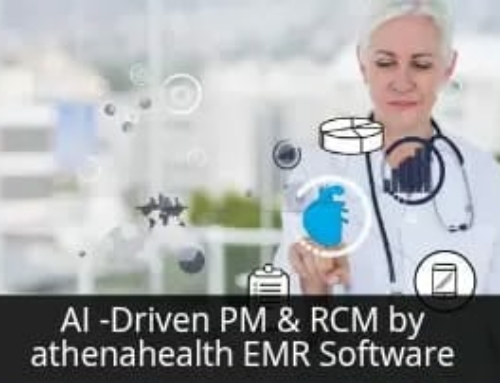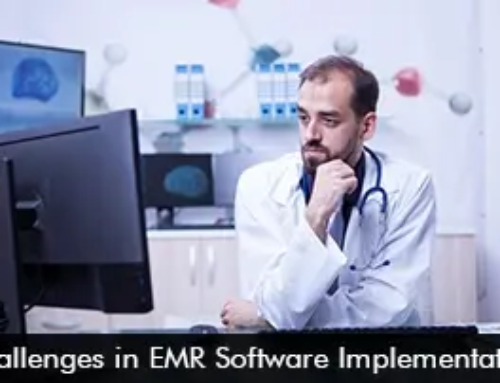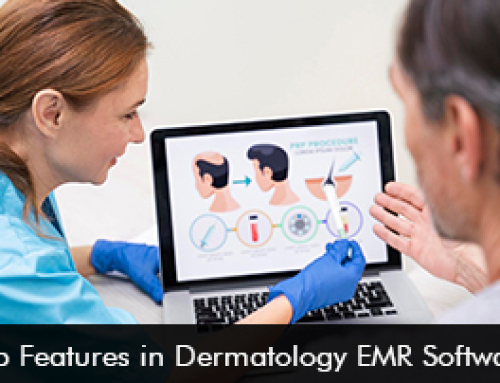Gastroenterology is a complex and specialized field that requires precise documentation, seamless coordination, and accurate diagnostics. Gastroenterology EMR Software is specifically designed to meet these needs, offering tailored features to enhance patient care and streamline practice management. From endoscopy reports to colonoscopy scheduling, these Electronic Medical Records systems are equipped with tools to handle the unique challenges of gastroenterology practices. In this blog, we’ll explore the specialized features of gastroenterology EMR solutions and how they benefit both healthcare providers and patients.
Specialized Features of Gastroenterology EMR Software
Gastroenterology EMR Software comes with an array of features designed to address the specific requirements of this medical specialty:
- Procedure Documentation Templates: Preloaded templates for procedures like endoscopies, colonoscopies, and sigmoidoscopies save time and ensure consistency in documentation.
- Integration with Diagnostic Tools: Seamless integration with imaging and diagnostic devices allows for real-time data input and analysis.
- Patient Portals: These allow patients to access their health records, view test results, and schedule follow-ups with ease.
- Customizable Workflows: Practices can tailor workflows to streamline processes such as scheduling, referrals, and billing.
- Billing and Coding Support: Specialized gastroenterology codes are embedded in the software to reduce billing errors and ensure compliance.
How Gastroenterology EMR Software Benefits Practices and Patients
1. Enhanced Efficiency for Healthcare Providers
Gastroenterology practices often deal with a high volume of patients and complex procedures. EMR software simplifies this by automating routine tasks, improving appointment scheduling, and reducing paperwork. For example, procedure templates eliminate the need to draft reports from scratch, enabling providers to focus more on patient care.
Integration with diagnostic tools further enhances efficiency. Data from endoscopes or ultrasound machines can be directly uploaded to the patient’s record, reducing the risk of errors and saving valuable time.
2. Improved Patient Outcomes
Accurate documentation and real-time access to medical records empower healthcare providers to make informed decisions. Patient portals improve communication, enabling individuals to actively participate in their care. Features like medication tracking and reminders help ensure adherence to treatment plans, resulting in better health outcomes.
3. Better Coordination Across Care Teams
Gastroenterology often involves collaboration with other specialties, such as oncology or nutrition. EMR systems promote seamless communication and data sharing between care teams, ensuring that everyone is on the same page regarding a patient’s condition and treatment plan.
4. Resolving Common Challenges
Gastroenterology EMR Software also addresses several common issues faced by practices:
- Billing Errors: With built-in gastroenterology-specific codes, these systems minimize claim denials and revenue loss.
- Data Overload: Advanced search and filtering options make it easy to find specific information within a patient’s record, reducing time spent on administrative tasks.
- Regulatory Compliance: Automatic updates to billing codes and compliance features ensure adherence to healthcare regulations.
Top Gastroenterology EMR Software Solutions
If you’re considering adopting an EMR system for your gastroenterology practice, here are some top-rated options to explore:
- eClinicalWorks: Known for its robust analytics and patient engagement tools.
-
gGastroEHR: Tailored specifically for gastroenterology practices, offering features like procedure tracking and detailed reporting.
- Athenahealth: Renowned for its user-friendly interface and exceptional billing capabilities.
- NextGen Healthcare: Offers advanced customization options and seamless integration with diagnostic tools.
- Epic Systems: Ideal for large practices and hospitals, providing comprehensive data-sharing capabilities.
Conclusion
Gastroenterology EMR Software is a game-changer for practices looking to enhance efficiency, improve patient outcomes, and tackle common challenges in the field. With features like procedure templates, diagnostic integration, and billing support, these systems streamline operations while ensuring high-quality care. Whether you’re a small clinic or a large gastroenterology practice, investing in the right EMR solution can make all the difference. Explore the options listed above to find the perfect fit for your needs and take your practice to the next level.


